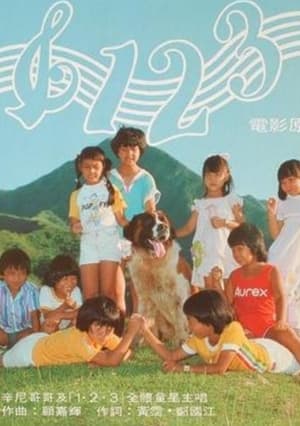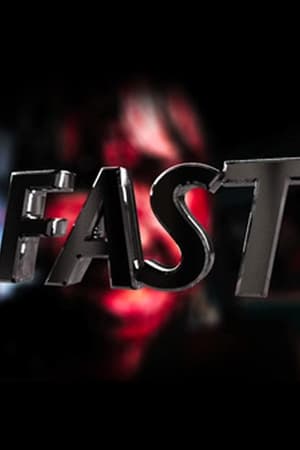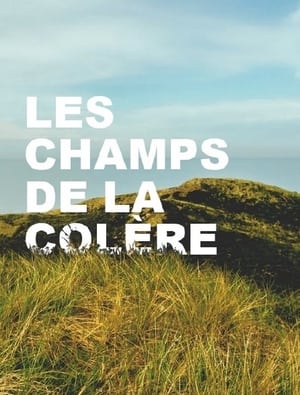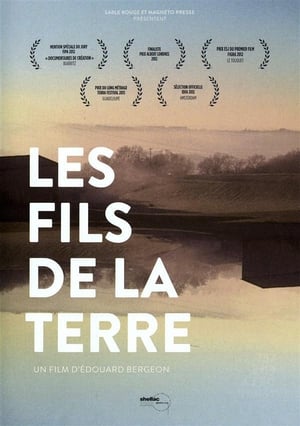
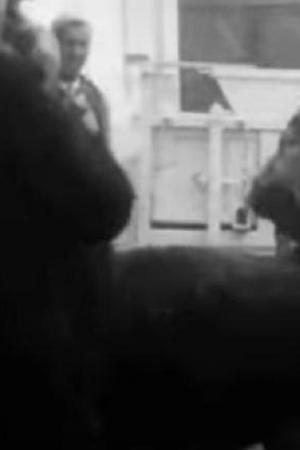
Turkish Professor at the Agricultural School(1905)
Early Balkan footage.
Movie: Turkish Professor at the Agricultural School

Турски професор во земодјелско училиште
HomePage
Overview
Early Balkan footage.
Release Date
1905-09-18
Average
4.5
Rating:
2.3 startsTagline
Genres
Languages:
No LanguageKeywords
Recommendations Movies
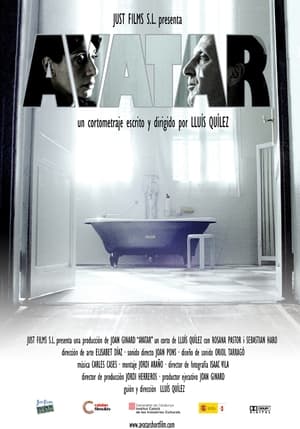 5.9
5.9Avatar(es)
Tension mounts between a quadraplegic man and his wife as she prepares a bath for him.
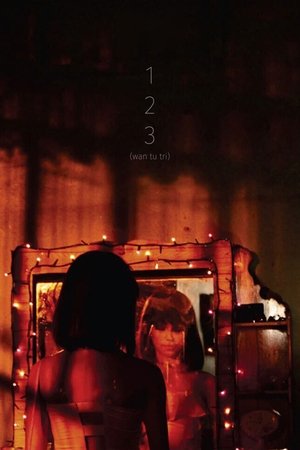 6.7
6.7Gasping for Air(tl)
When his sister disappears after leaving their home in hopes of singing stardom, Luis tracks her down and discovers the grim reality of her whereabouts.
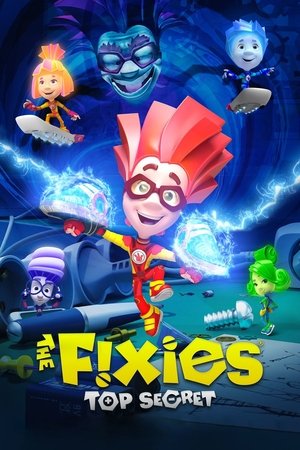 6.9
6.9The Fixies: Top Secret(ru)
The Fixies are little creatures that, unseen by humans, help them maintain their appliances – and generally make sure things don’t fall apart… Until an unexpected occurrence of gargantuan proportions threatens to reveal the Fixies’ existence!
Pretty Bloody: The Women of Horror(en)
Pretty Bloody: The Women of Horror is a television documentary film that premiered on the Canadian cable network Space on February 25, 2009. The hour-long documentary examines the experiences, motivations and impact of the increasing number of women engaged in horror fiction, with producers Donna Davies and Kimberlee McTaggart of Canada's Sorcery Films interviewing actresses, film directors, writers, critics and academics. The documentary was filmed in Toronto, Canada; and in Los Angeles, California and New York City, New York in the US.
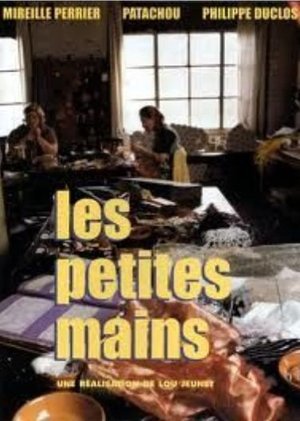 8.0
8.0Les Petites Mains(fr)
After the closure of a lace factory in Calais, Andrée, Lulu and Solange are out on the street.
 6.8
6.8Highway Battle R×R(ja)
After suffering a crushing defeat against the new CBA-R35, Koji takes his GT-R32 and trains hard in hopes of taking back his racing crown.
Dschugaswili from Georgia(de)
Forced collectivism, famines, errors and mistakes mark Stalin´s ruthless rise to dictorial power and only increase his madness until he even declares a chicken to be an English spy that should be liquidated.
John(en)
John tells the story of a young male, a psychiatric hospital patient who witnesses the death of another Black male patient at the hands of white staff. Blurring the boundaries between fact and fiction, this work draws from real life cases of mentally ill Black men who have died as a result of excessive force of the State.
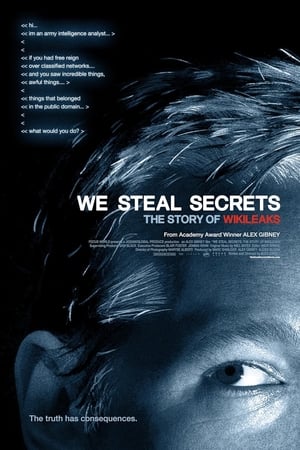 6.5
6.5We Steal Secrets: The Story of WikiLeaks(en)
Julian Assange. Bradley Manning. Collateral murder. Cablegate. WikiLeaks. These people and terms have exploded into public consciousness by fundamentally changing the way democratic societies deal with privacy, secrecy, and the right to information, perhaps for generations to come. We Steal Secrets: The Story of WikiLeaks is an extensive examination of all things related to WikiLeaks and the larger global debate over access to information.
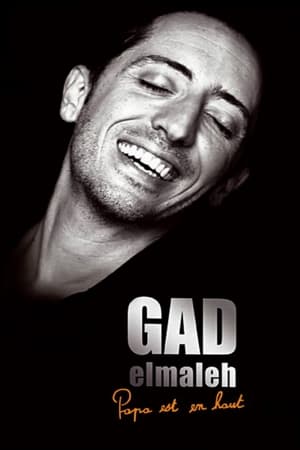 7.6
7.6Gad Elmaleh - Papa est en haut(fr)
Dans ce spectacle, mis en scène par sa soeur Judith Elmaleh, il parle de son enfance, de son fils et de son père ; 750 000 places seront vendus.
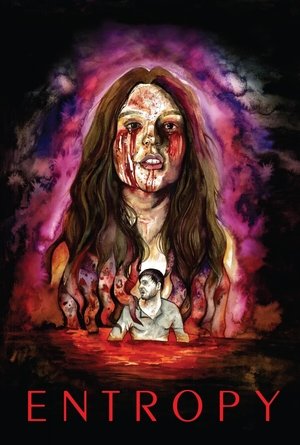 2.5
2.5Entropy(en)
On the same day Abbey is diagnosed with ovarian cancer, she and her girlfriend, Miranda, are invited to dinner by Miranda’s former self-help group to celebrate the return of their estranged friend, Scott, who left to discover the origins of their practices. Throughout the night, Abbey realizes that all is not as it seems, that no one is as who they’ve portrayed themselves to be, and that Scott and the others have their own sinister methods by which they intend to heal her cancer-wracked body.
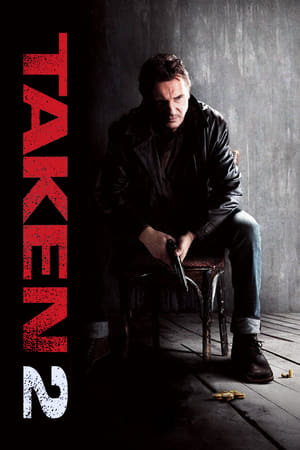 6.4
6.4Taken 2(en)
In Istanbul, retired CIA operative Bryan Mills and his wife are taken hostage by the father of a kidnapper Mills killed while rescuing his daughter.
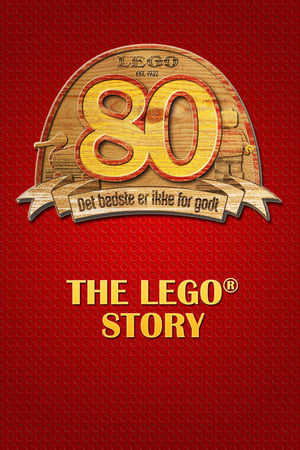 6.8
6.8The LEGO® Story(en)
As toy maker LEGO heads into its 80th year, Lego present this newly launched animated short film, which looks at the history of the iconic brand. A nicely produced look back at the brand LEGO.
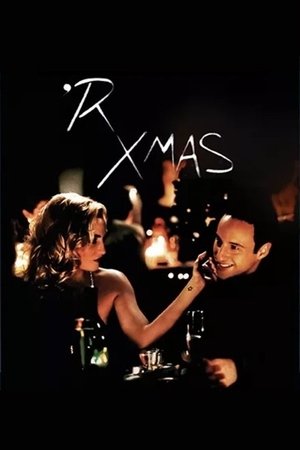 6.2
6.2'R Xmas(en)
A New York drug dealer is kidnapped, and his wife must try to come up with the money and drugs to free him from his abductors before Christmas.
F.A.S.T.(en)
A former special forces commando, down on his luck after returning Stateside, is recruited by the DEA to lead a covert black ops team to take down CIA-protected drug dealers.
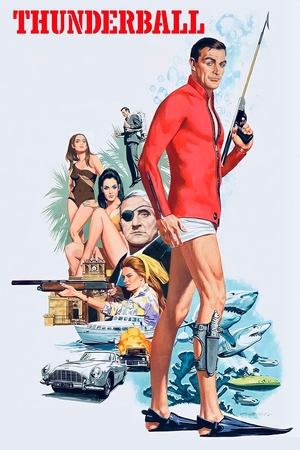 6.7
6.7Thunderball(en)
A criminal organization has obtained two nuclear bombs and are asking for a 100 million pound ransom in the form of diamonds in seven days or they will use the weapons. The secret service sends James Bond to the Bahamas to once again save the world.
Similar Movies
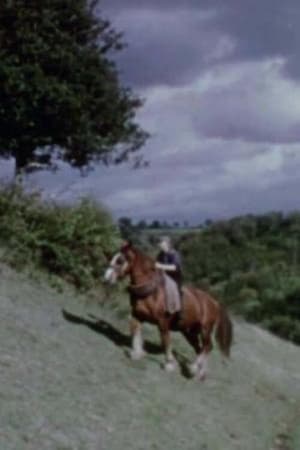 0.0
0.0West of England(en)
The people, the scenery and the industrial traditions of the Stroud valley and the growth of the woollen industry.
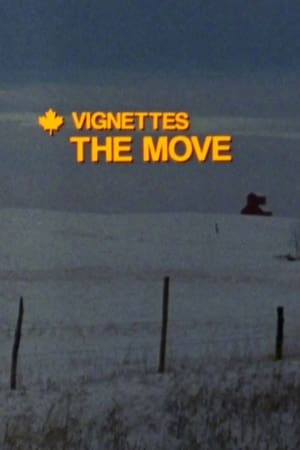 0.0
0.0Canada Vignettes: The Move(en)
In this short documentary from the Canada Vignettes series, a Saskatchewan grain elevator is moved across the snow-covered prairie to a new home after nearly a half-century of use. The film follows the lifting and transporting of the 9-storey, 200-ton structure, and examines the feelings of the people as they witness the final passing of their town's one and only grain elevator.
The Last Western Heretic(en)
The last western heretic is a timely and enthralling insight into the ideas and philosophies of the New Zealander described by the BBC as “the last living heretic”. New Zealand’s very own Lloyd Geering, now 89 and still deeply involved in the debate of ideas about life and religion, and latterly, the very survival of human beings and the planet to which we belong. The documentary explores his world view in a series of controversial and richly illustrated statements, and in doing so, makes simple and comprehensible the powerful theological and cultural ideas underpinning western civilisation.
 7.3
7.3Food, Inc.(en)
Documentary filmmaker Robert Kenner examines how mammoth corporations have taken over all aspects of the food chain in the United States, from the farms where our food is grown to the chain restaurants and supermarkets where it's sold. Narrated by author and activist Eric Schlosser, the film features interviews with average Americans about their dietary habits, commentary from food experts like Michael Pollan and unsettling footage shot inside large-scale animal processing plants.
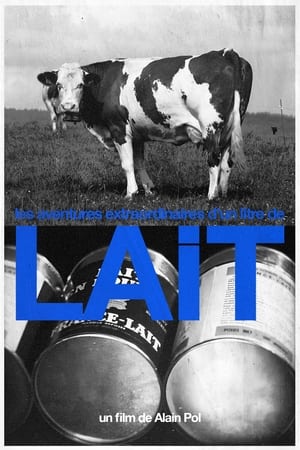 10.0
10.0The Extraordinary Adventures of a Quart of Milk(fr)
Documentary short subject preserved by the Academy Film Archive, from the Marshall Plan Collection, in 2003.
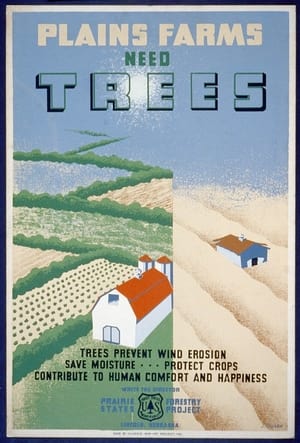 0.0
0.0Windbreaks on the Prairies(en)
This short film serves as a cautionary tale to farmers who recklessly cut down trees on their land. When prairie farmers engaged in this practice to facilitate plowing, they discovered that the trees had served as windbreaks protecting top soil from erosion. The Dominion Department of Agriculture's experimental station at Indian Head, Saskatchewan, cultivated acres of young trees for distribution to farmers.
 0.0
0.0LUSAW: Exploring Urban Agriculture(tl)
Two filmmakers take on a journey to explore the intricacies of the long-suffering Philippine agriculture, seeking for possible solutions as they figure out the factors causing the crisis.
 7.8
7.8Nous paysans(fr)
In barely a century, French peasants have seen their world profoundly turned upside down. While they once made up the vast majority of the country, today they are only a tiny minority and are faced with an immense challenge: to continue to feed France. From the figure of the simple tenant farmer described by Emile Guillaumin at the beginning of the 20th century to the heavy toll paid by peasants during the Great War, from the beginnings of mechanization in the inter-war period to the ambivalent figure of the peasant under the Occupation, From the unbridled race to industrialization in post-war France to the realization that it is now necessary to rethink the agricultural model and invent the agriculture of tomorrow, the film looks back at the long march of French peasants.
 6.3
6.3King Corn(en)
King Corn is a fun and crusading journey into the digestive tract of our fast food nation where one ultra-industrial, pesticide-laden, heavily-subsidized commodity dominates the food pyramid from top to bottom – corn. Fueled by curiosity and a dash of naiveté, two college buddies return to their ancestral home of Greene, Iowa to figure out how a modest kernel conquered America. With the help of some real farmers, oodles of fertilizer and government aide, and some genetically modified seeds, the friends manage to grow one acre of corn. Along the way, they unlock the hilarious absurdities and scary but hidden truths about America’s modern food system in this engrossing and eye-opening documentary.
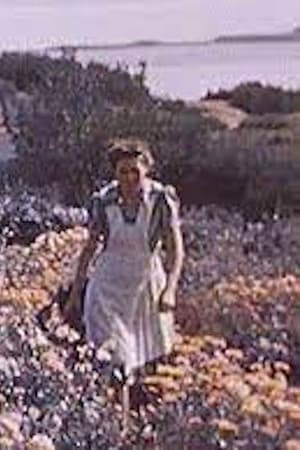 0.0
0.0Alexis Tremblay: Habitant(en)
This short documentary illustrates rural French Canadian life in the early 1940s. The film follows Alexis Tremblay and his family through the busy autumn days as they bring in the harvest and help with bread baking and soap making. Winter sees the children revelling in outdoor sports while the women are busy with their weaving, and, with the coming of spring young and old alike repair to the fields once more to plough the earth in preparation for another season of varied crops. One of the first NFB films to be produced, directed, written and shot by women.
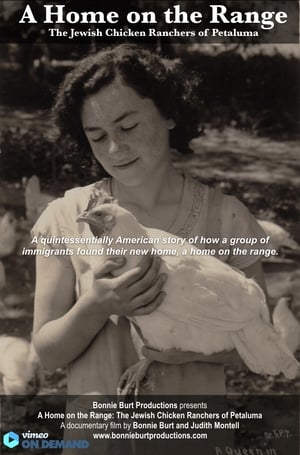 8.0
8.0A Home on the Range: The Jewish Chicken Ranchers of Petaluma(en)
"A Home On The Range" tells the little-known story of Jews who fled the pogroms and hardships of Eastern Europe and traveled to California to become chicken ranchers. Even in the sweatshops of New York they heard about Petaluma where the Jews were not the shopkeepers and the professionals, they were the farmers. Meet this fractious, idealistic, intrepid group of Eastern European Jews and their descendants as they confront obstacles of language and culture on their journey towards becoming Americans. Jack London, California vigilantes, McCarthyism, the Cold War and agribusiness all come to life in this quintessentially American story of how a group of immigrants found their new home, a home on the range.
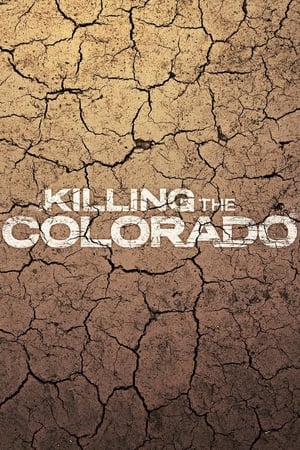 6.0
6.0Killing the Colorado(en)
The drought in the American West is predicted to be the worst in 1,000 years. Join five Academy Award-winning filmmakers as they explore the environmental crisis of our time and how to fix it before it's too late.
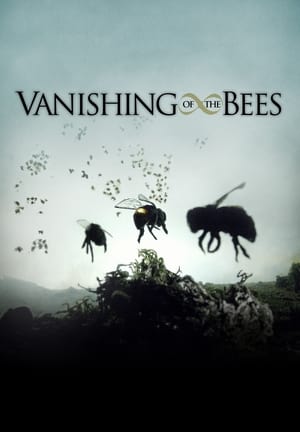 6.8
6.8Vanishing of the Bees(en)
This documentary takes a piercing investigative look at the economic, political and ecological implications of the worldwide disappearance of the honeybee. The film examines our current agricultural landscape and celebrates the ancient and sacred connection between man and the honeybee. The story highlights the positive changes that have resulted due to the tragic phenomenon known as "Colony Collapse Disorder." To empower the audience, the documentary provides viewers with tangible solutions they can apply to their everyday lives. Vanishing of the Bees unfolds as a dramatic tale of science and mystery, illuminating this extraordinary crisis and its greater meaning about the relationship between humankind and Mother Earth. The bees have a message - but will we listen?
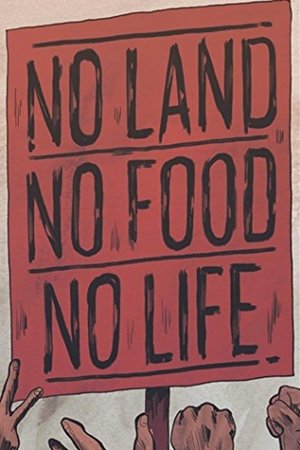 8.0
8.0No Land No Food No Life(en)
The plight of small-scale farmers in Africa and Asia forced off their land by an unprecedented corporate land grab. If they refuse they are subject to horrific violence, which has led to women miscarrying and deaths. Exploring the personal stories of those affected, this documentary gives a voice to threatened subsistence farmers throughout the developing world. If your livelihood was ripped away from you, how would you cope?
 0.0
0.0Meeting Place Organic Film(en)
Local, organic, and sustainable are words we associate with food production today, but 40 years ago, when Fran and Tony McQuail started farming in Southwestern Ontario, they were barely spoken. Since 1973, the McQuails have been helping to build the organic farming community and support the next generation of organic farmers. This is a documentary about the McQuails that explores the very real ways their farm has contributed to the long term ecological viability of agriculture in Ontario. It is a call to action for all those who believe there is a better way to take care of our planet and feed the world.
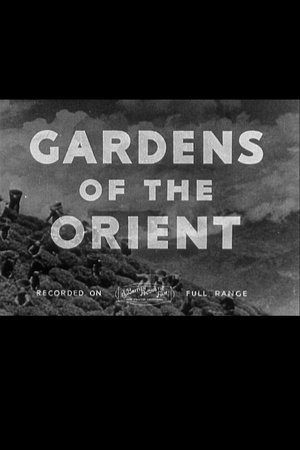 0.0
0.0Gardens of the Orient(en)
This portait of life on the tea plantations is decidedly rosy – clearly, there are no exploited workers here. However, the film provides an intriguing overview of tea production – from the planting of tea seeds to the final shipping of the precious leaves across the globe.
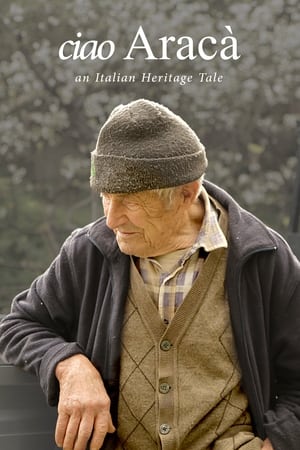 0.0
0.0ciao Aracà(en)
"...a charming depiction of life as I knew it with my grandparents in my own village..." Clara Caleo Green, Cinema Italia UK "The sum of the individual fates and life choices paints a picture, the validity of which extends far beyond this village." Joachim Manzin, Black Box This documentary records the thoughtful and emotional confrontation with time, change, loss and hope related by the members of a small community in the idyllic Ligurian countryside who are dealing with a rapidly changing agricultural industry, transformed by globalisation and technological advances and an increasing number of foreigners buying the empty houses in their village. Forgoing the use of music and voice over, the film lets Aracà's inhabitants tell their own stories and allows the audience to dive into the rich soundscape of the ligurian alpine countryside.
